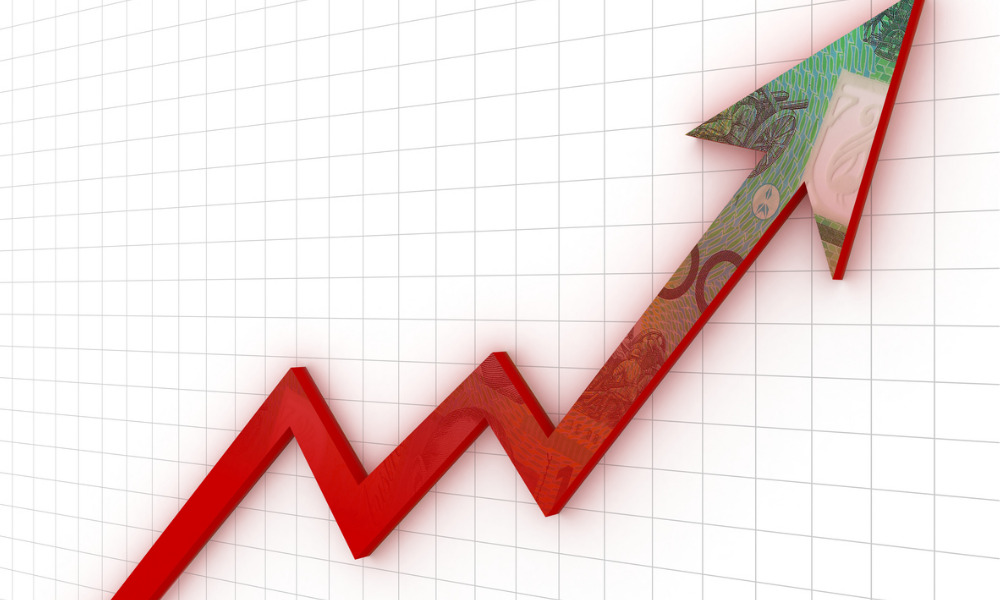
'An excessive increase would exceed business capacity to pay… threatening disemployment effects'

Employer organisation Ai Group is pushing for a 3.8% minimum wage increase as it urged the Fair Work Commission (FWC) to take a "cautious approach" in the 2023 Annual Wage Review (AWR).
In its post-Budget submission to the FWC, Ai Group said its proposed minimum wage hike would strike a "responsible balance" amid the commission's competing considerations.
"Such an increase is less likely to exceed business' capacity to pay in the deteriorating economic environment or threaten major disemployment effects than a larger increase, including the one proposed by the ACTU," said AI chief executive Innes Willox in a statement.
The Australian Council of Trade Unions (ACTU) has been proposing a much higher seven percent minimum wage increase, arguing that companies have been "posting huge profits" and have been driving inflation through excessive price rises.
"It's time they conceded they can afford to pay their workers more and stopped hurting the people who can least afford it through wage suppression and high prices," said ACTU secretary Sally McManus in a statement late March.
However, recent data and forecasts on the country's economic conditions underscore the importance of taking a "cautious, responsible, and balanced approach" in the 2023 AWR, according to Willox.
"The Australian economy is demonstrably slowing, with key economic indicators continuing to decline. New forecasts issued by the RBA and Treasury predict that growth in GDP, household spending, business investment, and employment will be considerably lower over the next two years," Willox said.
The Reserve Bank of Australia previously predicted in February that the consumer price index could reach 6.7 in June 2023 and before easing to 4.8 by December 2023. While it may appear to fall faster, Willox warned that inflation will remain high until "at least the end of 2024."
"In line with these deteriorating economic circumstances, it remains critical for the panel to adopt a cautious approach to adjusting minimum wages," Willox said in Ai Group's post-Budget filing.
He further warned that an "excessive increase" could fuel inflation and require additional monetary policy tightening. It would also risk disemployment effects, with women and lower-paid workers likely to get impacted.
"It is vital that the Commission ignores calls for a simplistic approach to grant wage increases at a level that chases inflation. A more nuanced approach is required in the interest of all parties," Willox said in a statement.